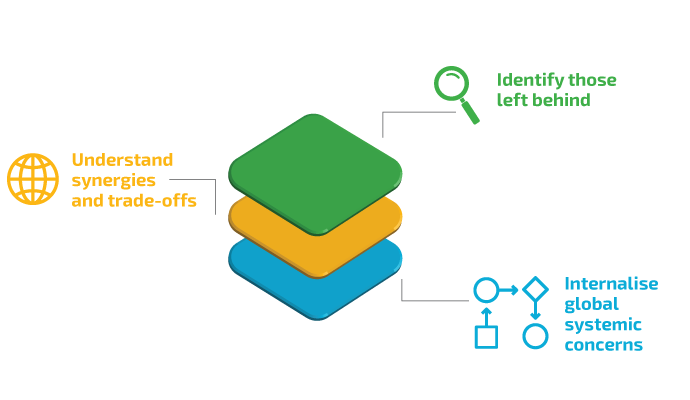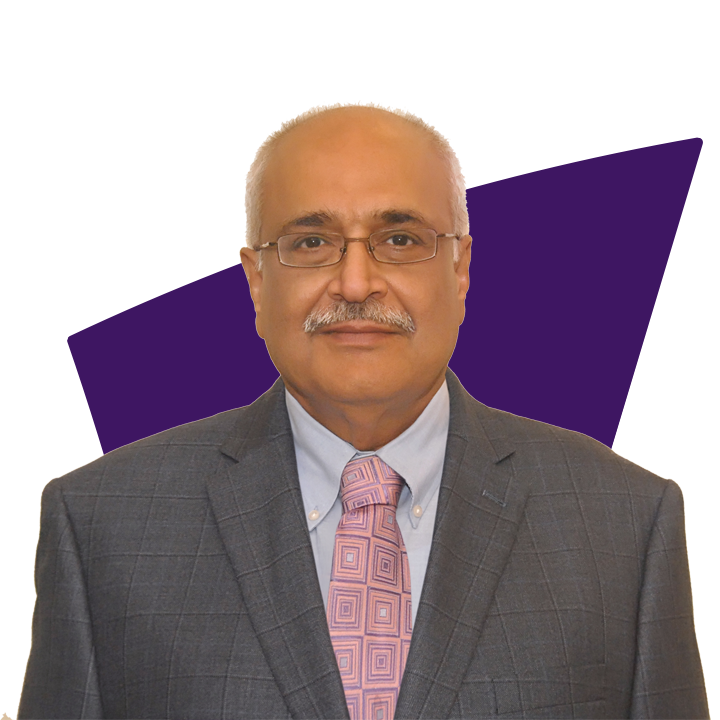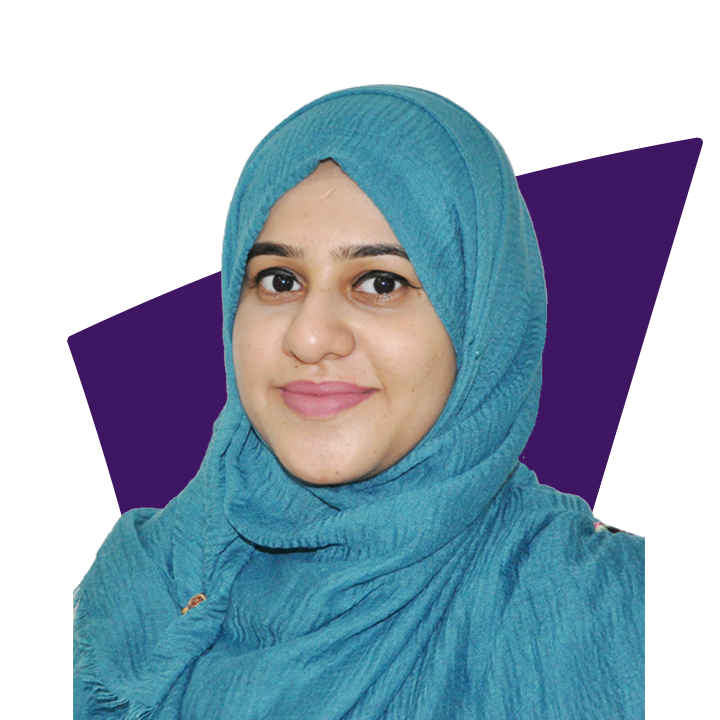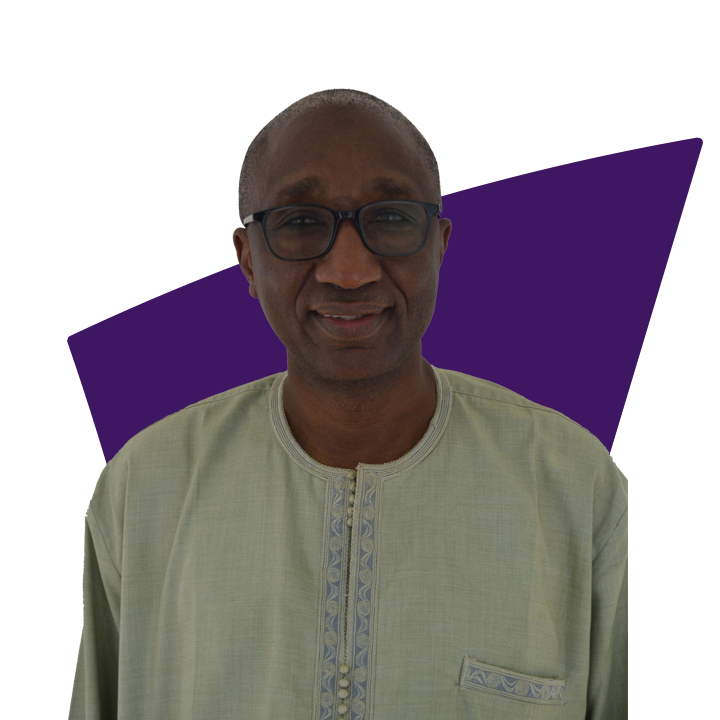About the initiative
Southern Voice’s “State of the Sustainable Development Goals (SDGs)” (SVSS) is a conceptually innovative, policy-relevant, empirical research initiative. It is not a typical review of the 2030 Agenda from an implementation perspective or a traditional exercise in tracking SDG goals and targets. Rather, it is a bottom-up exposé of a holistic and complex global agenda.
The SVSS initiative unpacks some of the critical relationships underpinning the 2030 Agenda. The aim is to identify those who are “left behind” across a diverse range of contexts, to reveal the complex relationship of trade-offs and synergies among specific goals of the 2030 Agenda, and to explore the global governance-related factors affecting implementation within countries.
Our conceptual and empirical analysis focuses on a number of specific issues concerning three of the SDGs: quality education (SDG 4), access to decent work and economic growth (SDG 8), and affordable and clean energy (SDG 7). Of course, the common thread of revitalising the global partnership (SDG 17) runs throughout the research as well. These goals and their interlinked relationships and consequences were explored in six countries from the Global South. We chose two from Asia, two from Africa and two from Latin America, namely Bolivia, Ghana, India, Nigeria, Peru, and Sri Lanka.
The empirical evidence emerging from the country case studies reveals a set of shared experiences. However, the evidence also shows the diversity and unique circumstances across the six countries. These findings demonstrate that the SDGs demand a “common but differentiated” approach at the country level. Our case studies underscore the importance of global governance in implementing this approach.
With this research, Southern Voice hopes to move away from the traditional discourse on the SDGs. Based on ground-level realities, we want to encourage a more rigorous discussion on relatively understated issues of SDG delivery.
The full set of research outputs of the SVSS initiative also includes three regional surveys and a global report looking at thematic issues, such as the principle of “Leave No One Behind”, the impact of Global Systemic Issues on the national level and the interaction of Synergies & Trade-Offs between SDGs.
We are pleased to make available summaries of all country case studies, the regional reports and the global report on this microsite. You will also find additional interactive material, like videos on all subjects and interviews with our researchers. I welcome you to explore.
Debapriya Bhattacharya, PhD
Team Leader, SVSS Research Team
Chair, Southern Voice
& Distinguished Fellow, Centre for Policy Dialogue (CPD)
Three cross-cutting issues
Why do we need to examine the 2030 Agenda in a holistic way? What has been slowing down progress towards achieving the SDGs so far?

REGIONAL
ANALYSIS
ANALYSIS
COUNTRY-LEVEL
ANALYSIS
ANALYSIS
EVENTS
Read about past “State of the SDGs” events (report launches, workshops, conferences, exhibition, and more) here.
TEAM

Debapriya Bhattacharya
Southern VoiceDebapriya Bhattacharya is a distinguished fellow at the Centre for Policy Dialogue (CPD) and Chair of Southern Voice. He is also a member of the Committee for Development Policy of the United Nations Economic and Social Council. He is the lead author of the chapter titled “Initial Challenges of SDGs Deliveries: Tracking the Second-Generation Challenges”.

Sayeeda Jahan
CPD (Bangladesh)Sayeeda Jahan is a research associate at Centre for Policy Dialogue (CPD) in Dhaka. She has a Master of Arts degree in Economics from the University of Calgary, Canada. He is the co-author of the chapter titled “Initial Challenges of SDGs Deliveries: Tracking the Second-Generation Challenges”.

Ibrahima Hathie
IPAR (Senegal)Ibrahima Hatie is the research director for the Agricultural and Rural Prospective Initiative (IPAR). He holds a PhD and MS in Agricultural & Resource Economics from the University of Connecticut, USA. He is the author of the chapter titled “A cross-country synthesis of Leave No One Behind”.

Alejandro Biondi
CIPPEC (Argentina)
Gala Díaz Langou
CIPPEC (Argentina)Gala Díaz Langou is the director of the Social Protection Program of the Center for the Implementation of Public Policies Promoting Equity and Growth (CIPPEC) and an international consultant in social policy. She holds an MA in Public Policy and Development Management from Georgetown University. She is the lead author of the chapter titled “Leveraging synergies and tackling trade-offs among specific goals”.

José Florito
CIPPEC (Argentina)José Florito holds a MSc in Applied Economics in Torcuato Di Tella University and BA in Political Science in University of San Andrés. He has served as a research assistant for ECLAC and UNICEF Argentina. He is a co-author of the chapter titled “Leveraging synergies and tackling trade-offs among specific goals”.

Luciana Petrone
CIPPEC (Argentina)Luciana Petrone is the analyst of the Social Protection Project of the Center for the Implementation of Public Policies Promoting Equity and Growth (CIPPEC). She has a bachelor’s degree in Economics from the University of Buenos Aires. She is a co-author of the chapter titled “Leveraging synergies and tackling trade-offs among specific goals”.

Florencia Caro Sachetti
CIPPEC (Argentina)
Vaqar Ahmed
SDPI (Pakistan)Vaqar Ahmed is joint executive director at Sustainable Development Policy Institute (SDPI). He holds a PhD in Economics from the National University of Ireland. He authored the book ‘Pakistan’s Agenda for Economic Reforms’. He is a co-author of the chapter titled “Addressing Systemic Concerns while Implementing SDGs at Country Level”.

Shehryar Khan
SDPI (Pakistan)Shehryar Khan Toru is a research fellow at the Sustainable Development Policy Institute (SDPI). He holds a PhD from the University of Bath, UK. He is a co-author of the chapter titled “Addressing Systemic Concerns while Implementing SDGs at Country Level”.

Estefania Charvet
Southern VoiceEstefanía Charvet is Programme Officer at Southern Voice for the State of the Sustainable Development Goals (SDGs) initiative. Estefanía holds a Master in Development Studies from the Graduate Institute Geneva and a Bachelor in Economics from the Pontifical Catholic University of Ecuador. She is a co-author of the chapter titled “Conclusions: collective capabilities for the Decade of Action”.

Marcela Morales
Southern VoiceMarcela Morales is a research officer at Southern Voice. Marcela holds a master’s degree in Development Studies from the University of Cambridge, a MA on Intercultural Conflict Management from the Alice Salomon Hochschule. She is a co-author of the chapter titled “Conclusions: collective capabilities for the Decade of Action”.

Andrea Ordóñez
Southern VoiceAndrea Ordóñez is Director of Southern Voice and has been part of the initiative since inception in 2012. She leads the implementation of the network strategy and programmes. She co-edited the book “Southern Perspectives on the Post-2015 International Development Agenda” with Debapriya Bhattacharya. She is a co-author of the chapter titled “Conclusions: collective capabilities for the Decade of Action”.
